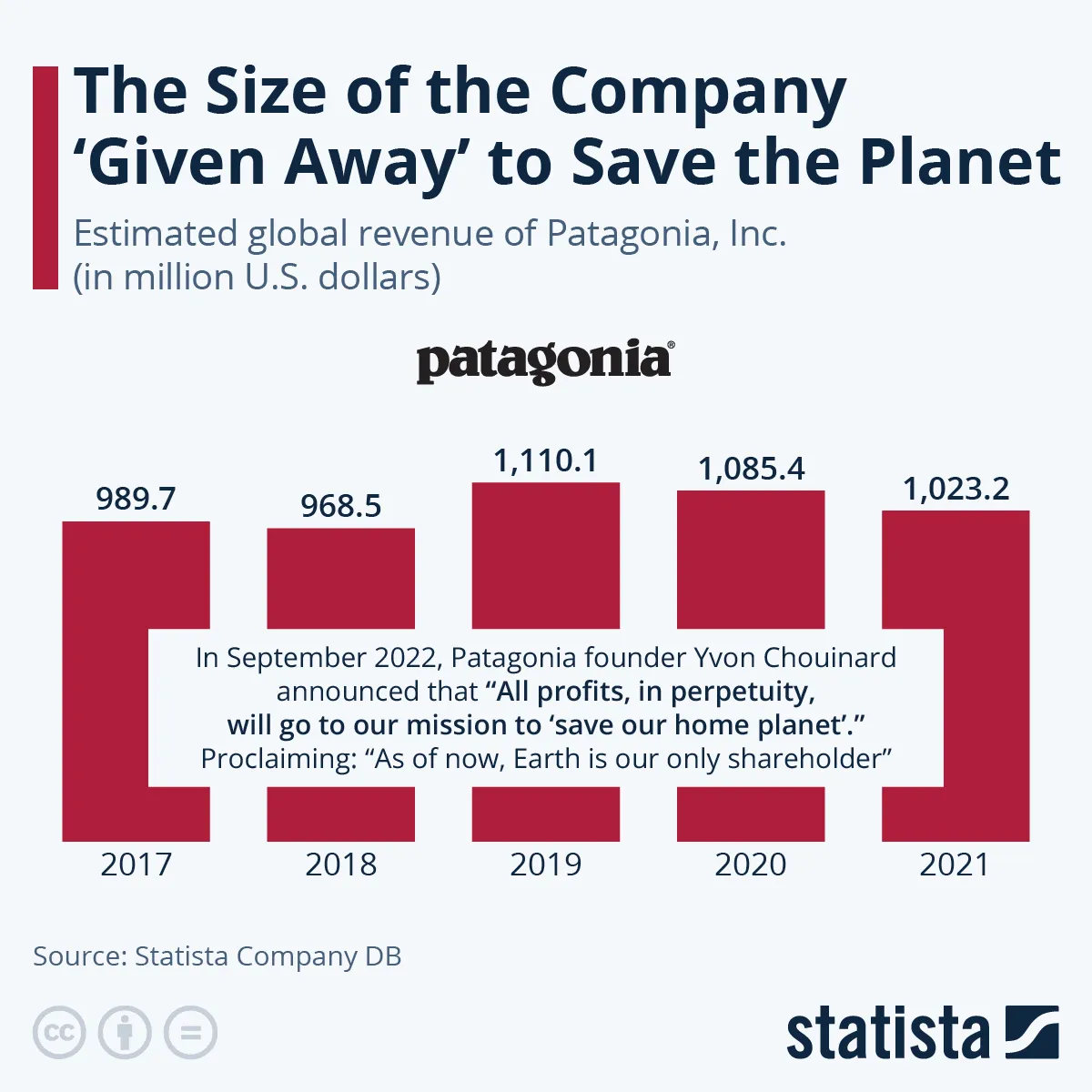The Case for Stakeholder Capitalism
Why Building a Better Business Also Builds a More Resilient One.
(Editor's Note: This post was originally published on January 21, 2025. As I migrate my work to this new platform, I've updated it to better reflect my current frameworks and sharpened my thinking from the original piece. The core ideas remain the same.)

The old playbook for business is failing. We've been operating in a system that prioritizes profit at all costs, and the cracks are showing up as real-world liabilities: unchecked corporate power, a collapsing trust in institutions, and a global economy that feels increasingly fragile.
As Salesforce CEO Marc Benioff once said, “Capitalism as we know it is dead.” The old model has run its course, but what's the alternative?
One answer is a shift toward stakeholder capitalism, where businesses are accountable to more than just shareholders. The B Corp framework offers a practical, tested model for how to do it.
A Roadmap for Responsible Business
B Corp certification is built on a simple premise: a company's success should be measured not just by its stock price, but by its positive impact on society and the environment. It provides a third-party verified framework for businesses to embed accountability into their operations.
This is a challenge to the status quo I've spent my career working against. The constant pressure of short-term gains can force even the best solutions to address symptoms, not root causes. The B Corp model requires businesses to think beyond the next quarter, considering their impact on all stakeholders, including employees, customers, communities, and the planet.
This approach isn't about being perfect; it's about being intentional. B Corps face real challenges, but their commitment to continuous improvement shows us a path forward.
Tangible Results
Leading companies are proving that aligning purpose with profit isn't just possible, it's a competitive advantage. Their actions aren't charity; they're smart business.
- Allbirds proved that a sustainable supply chain could be a competitive differentiator, not a cost center, by sharing their roadmap publicly and inviting others to follow suit.
- Dr. Bronner's builds supply chain resilience and loyalty by investing in fair trade programs and supporting the small-scale farmers who are critical to its business.
- Patagonia's decision to dedicate its ownership to fighting the climate crisis wasn't just a bold move; it was a strategic choice that solidified its brand, ensured its long-term legacy, and demonstrated that a purpose-driven model can thrive financially.
As former CEO of DSM, Feike Sijbesma, put it: “You cannot be successful, nor call yourself successful, in a society that fails.”
This is why the B Corp framework matters now more than ever. The biggest challenges we face can't be solved by traditional corporate thinking. B Corps offer a tangible, real-world model for how businesses can lead in addressing these challenges, while also building a more durable company.

What's Your Role?
The conversation isn't about whether we can change. It's about how.
What role does purpose play in your work? What values guide your decisions? If you're curious about companies that are walking the talk, explore the B Corp Directory. I'd love to hear your perspective on the role businesses should play in solving today's biggest challenges.